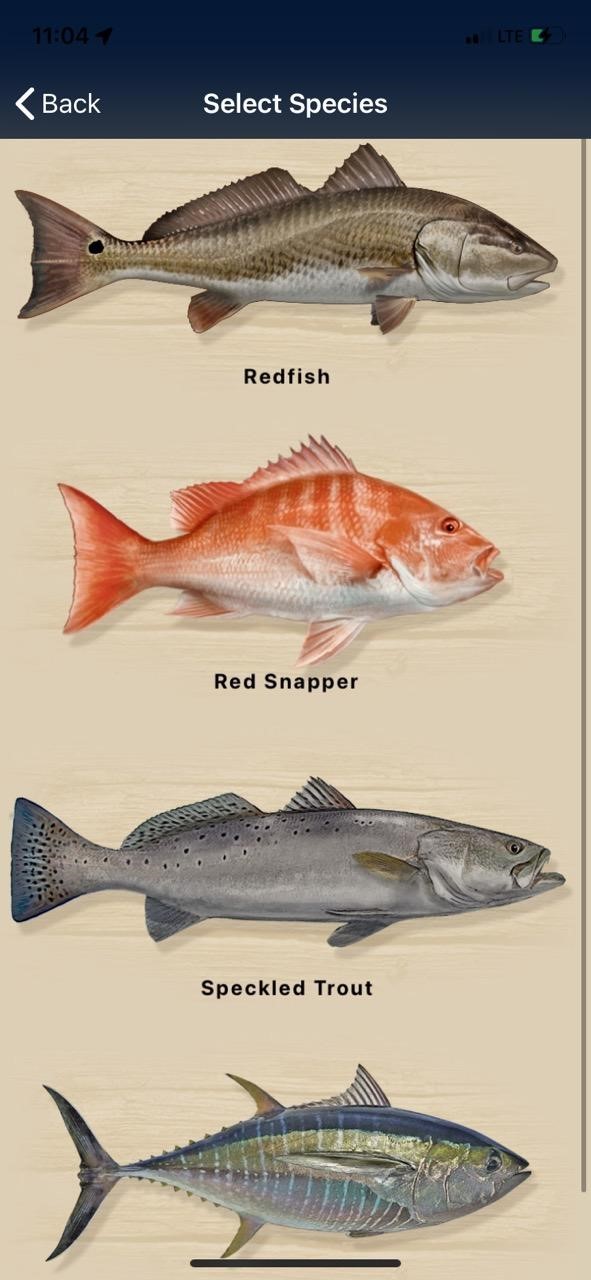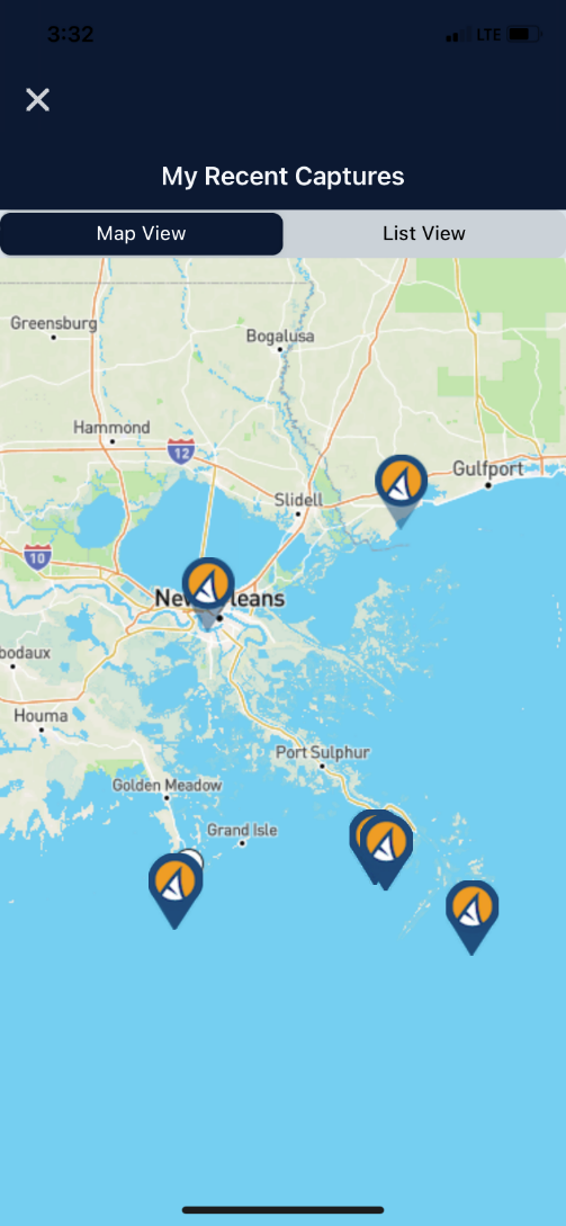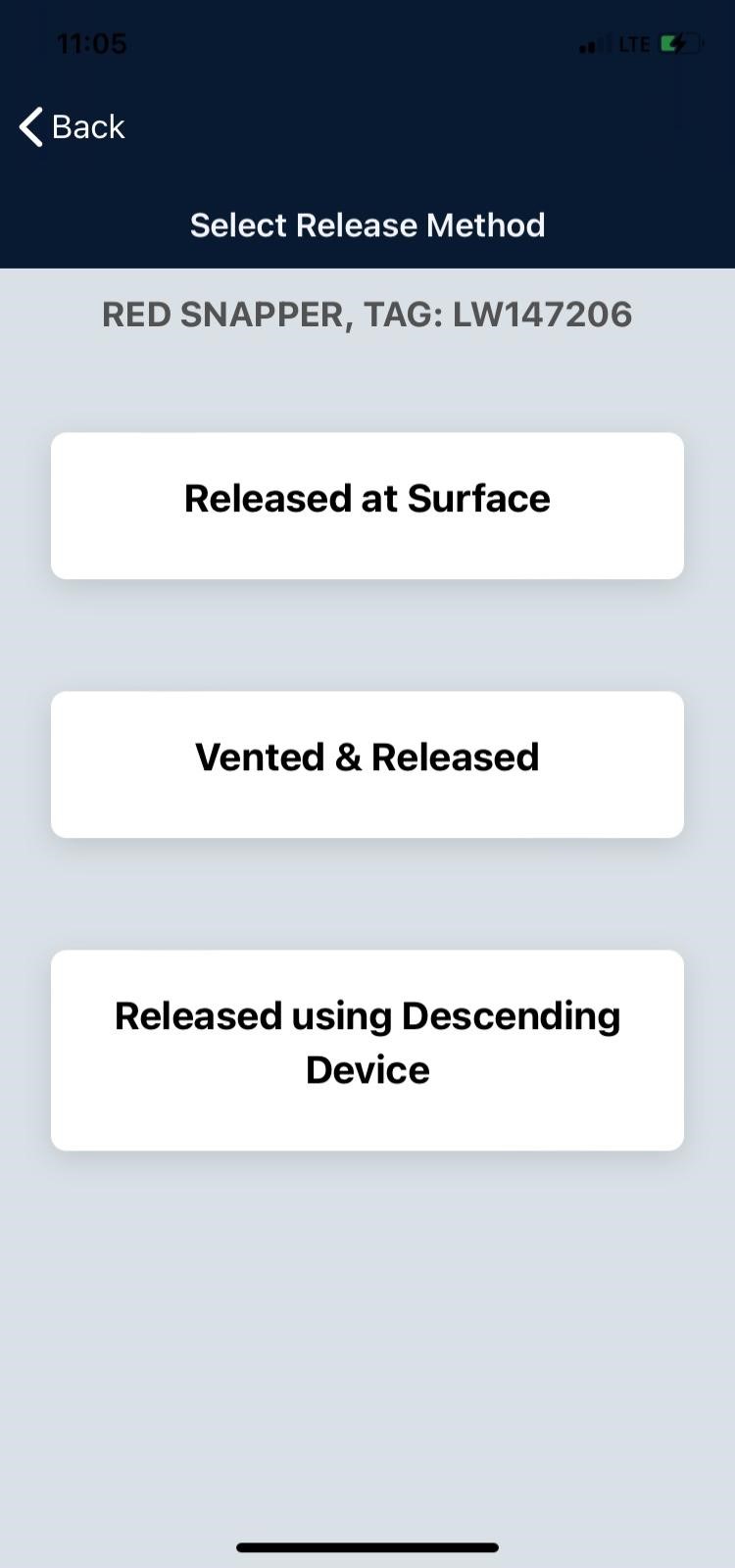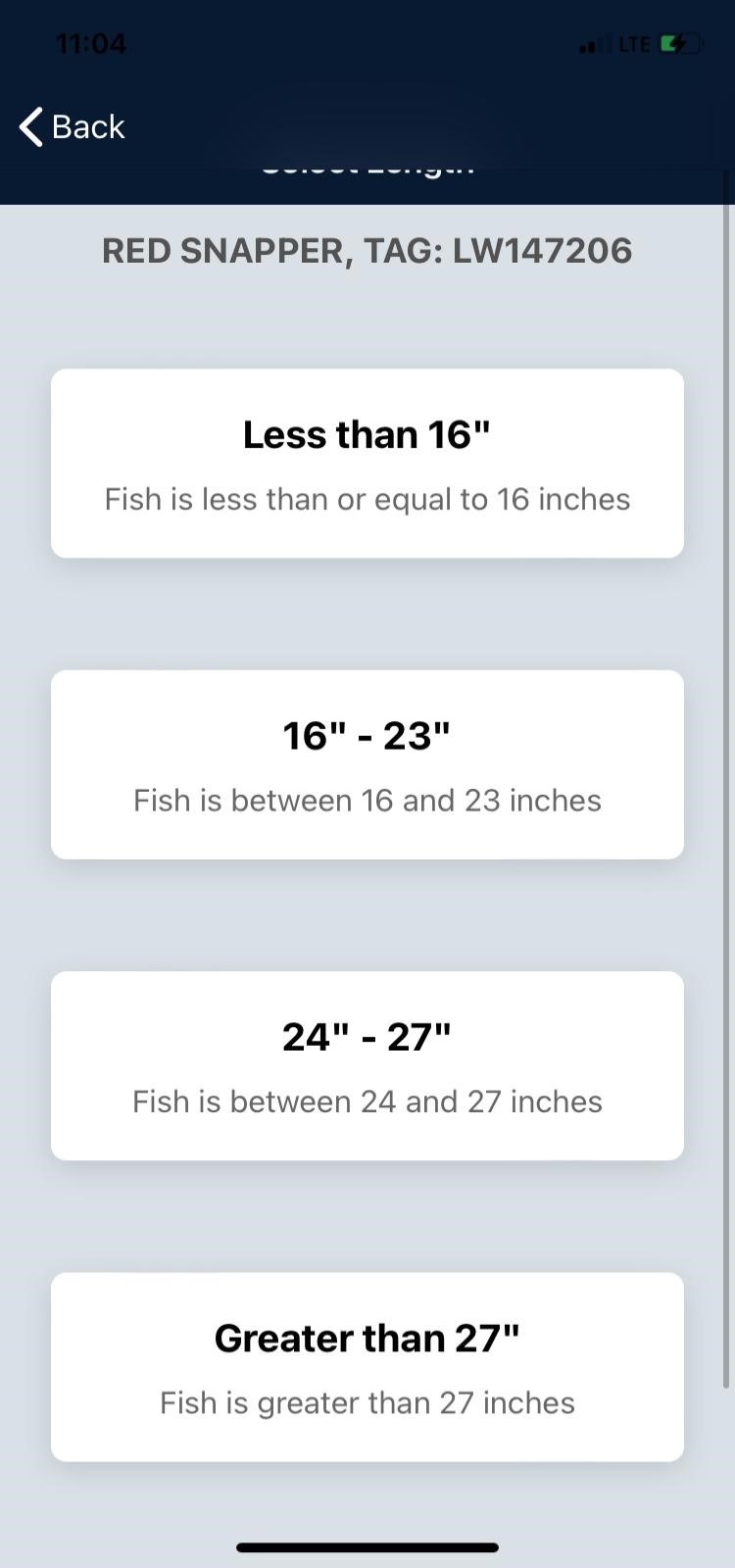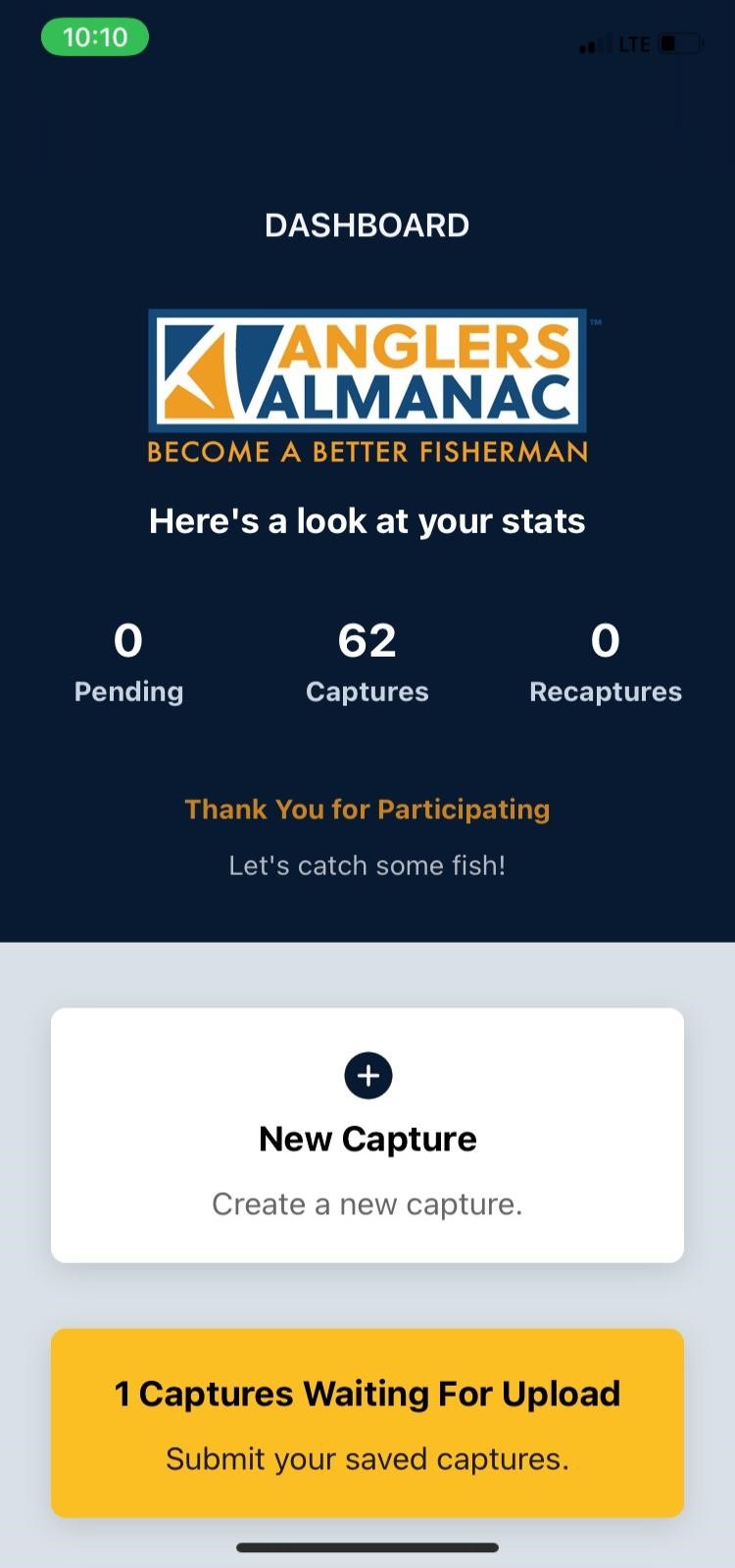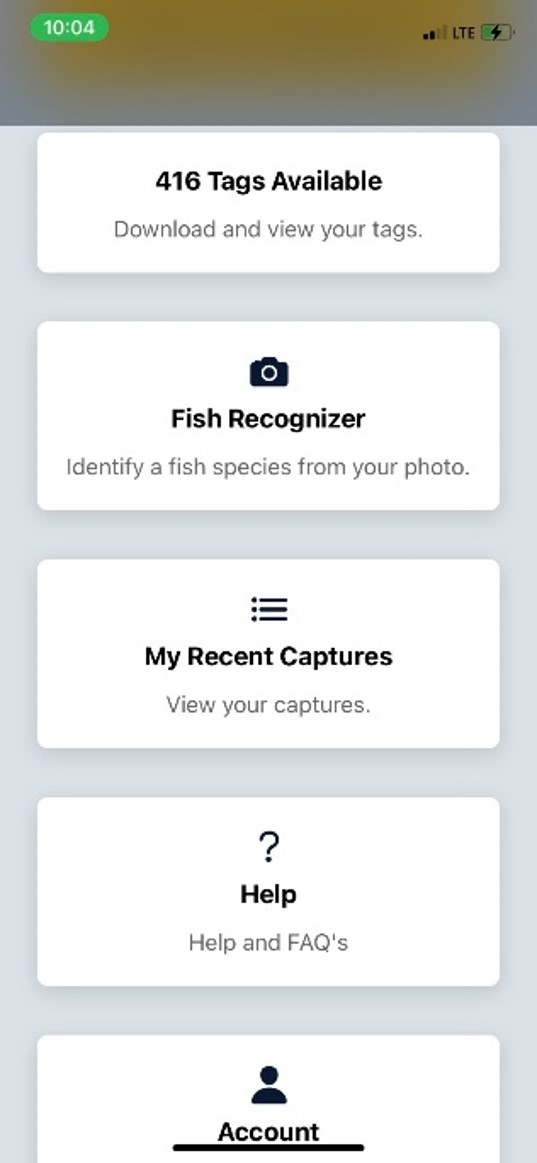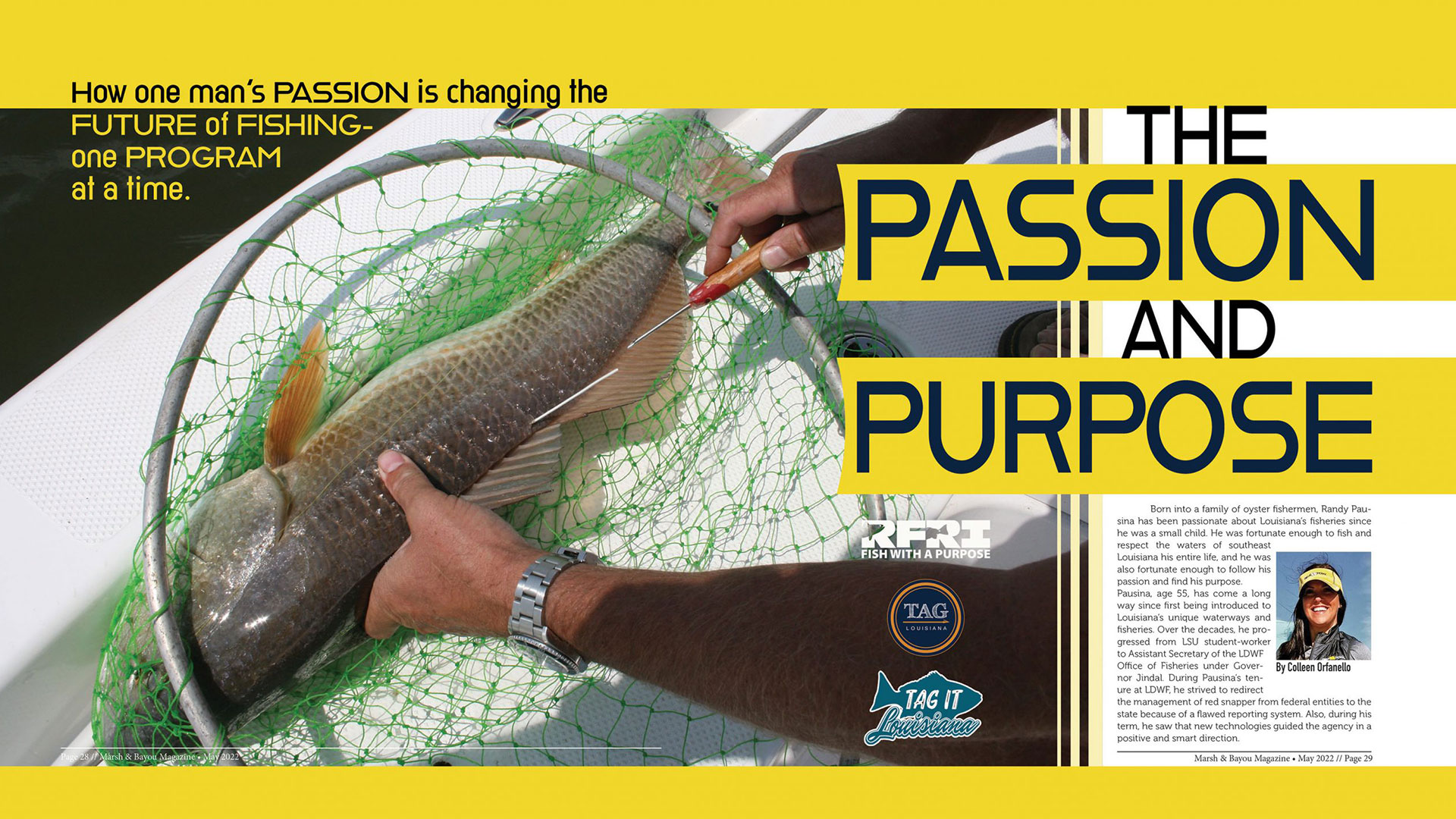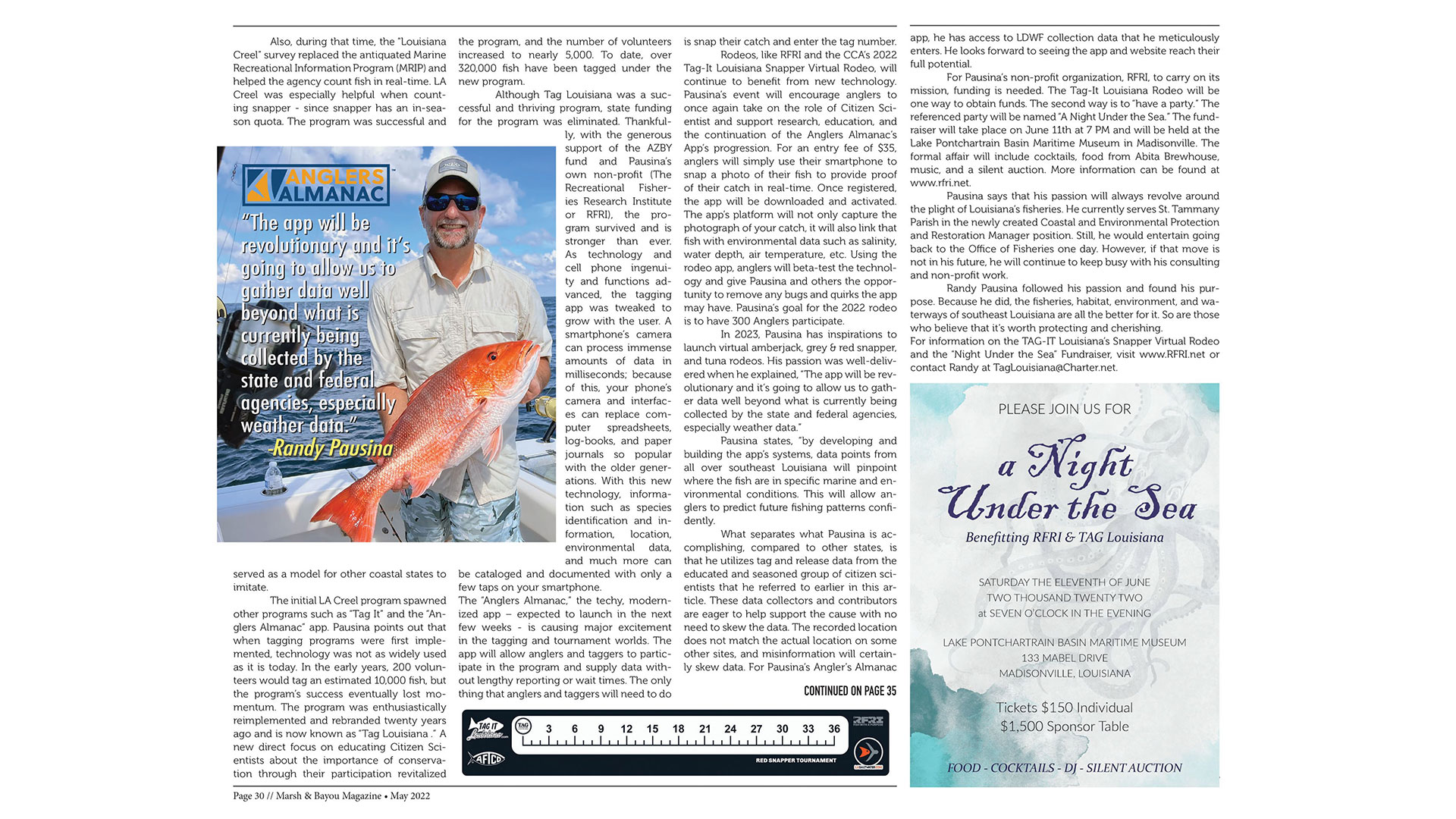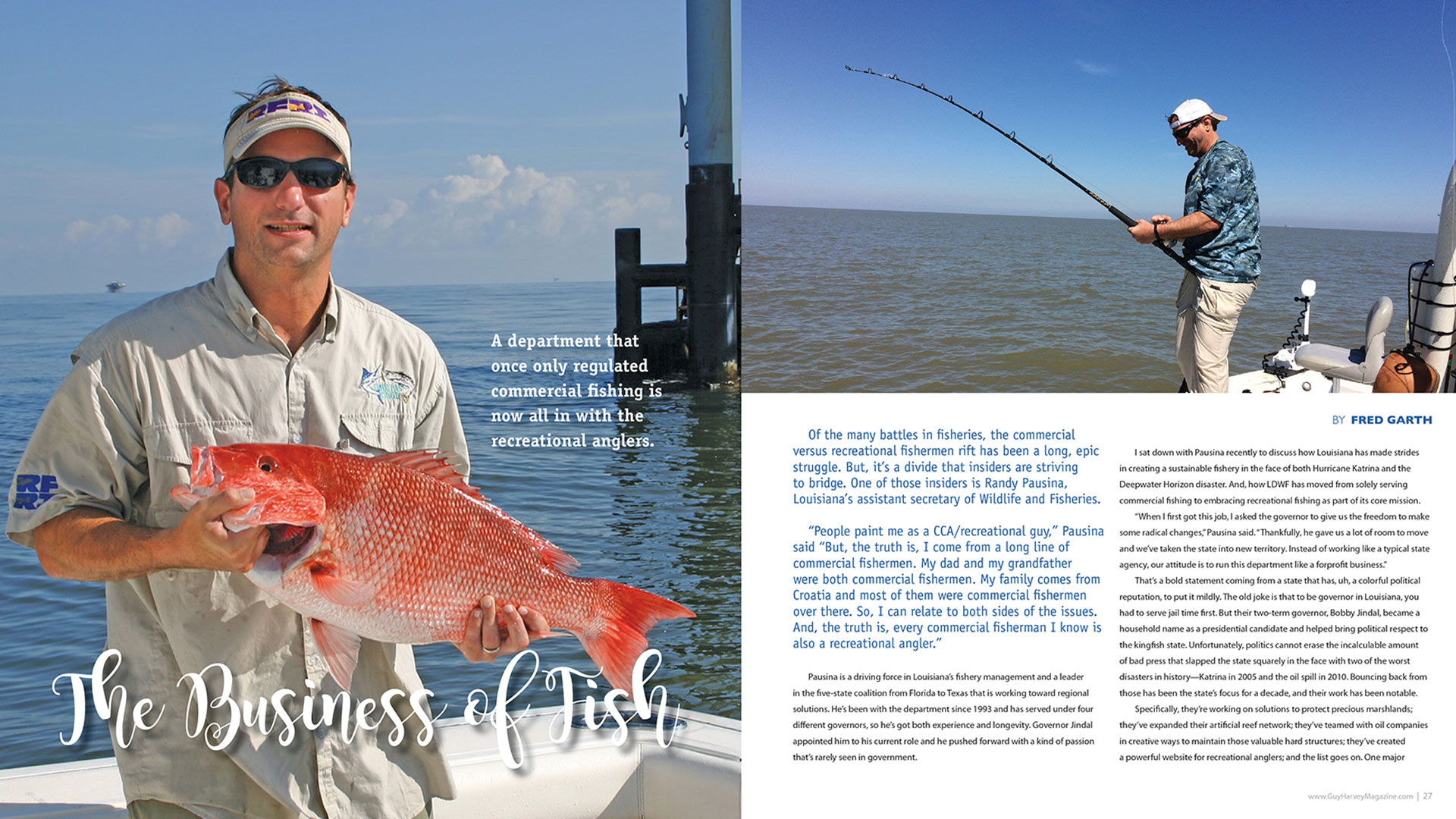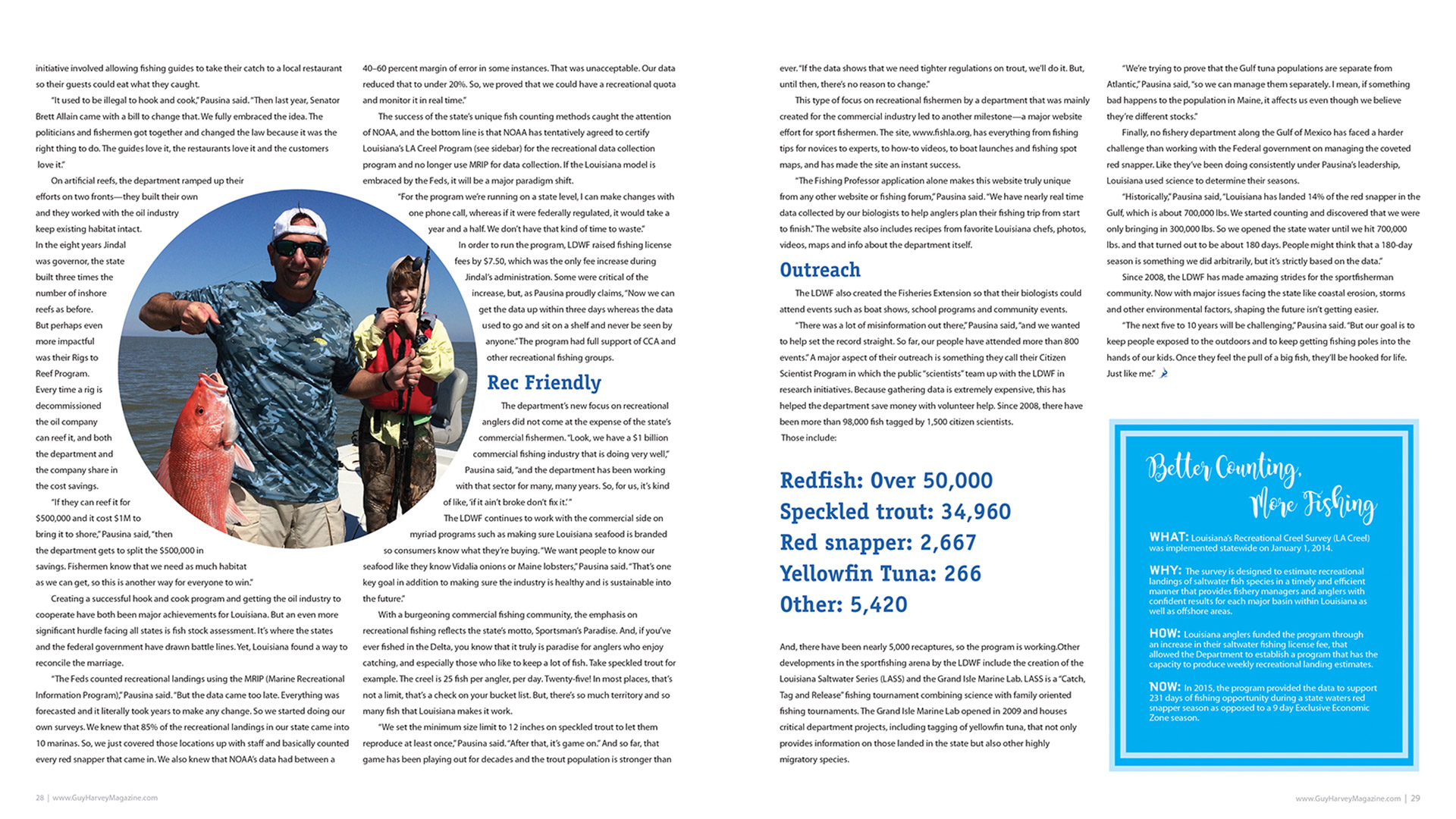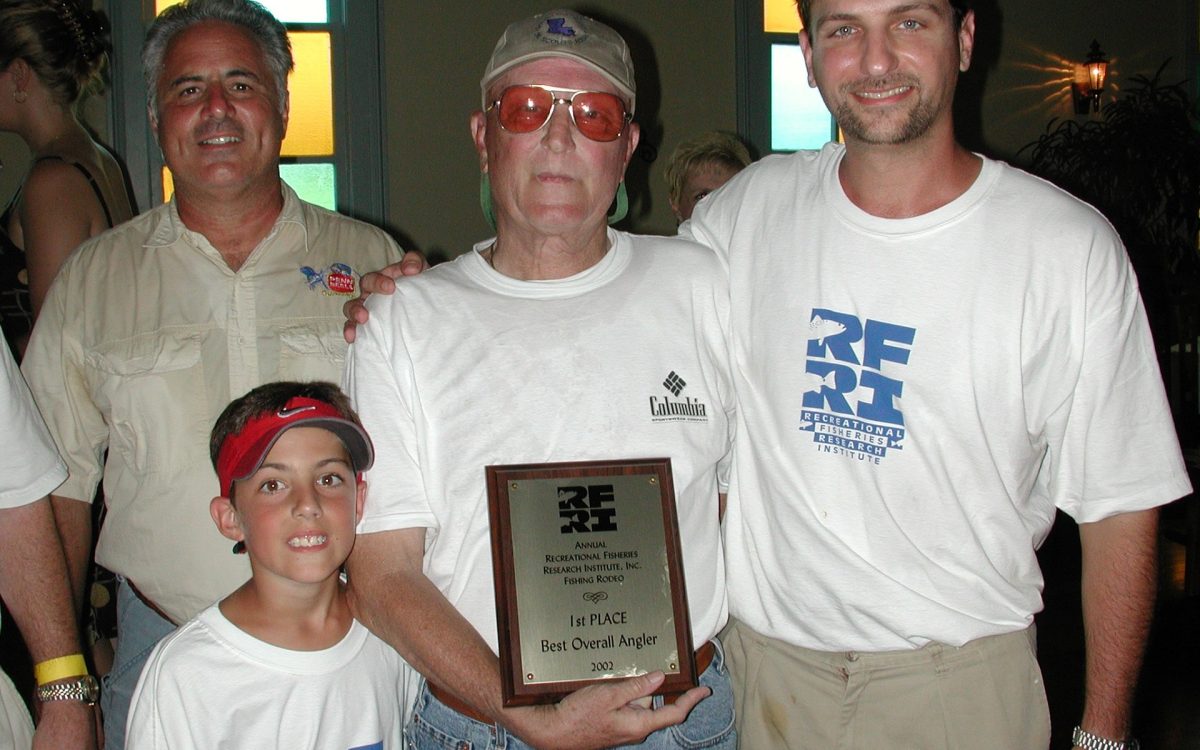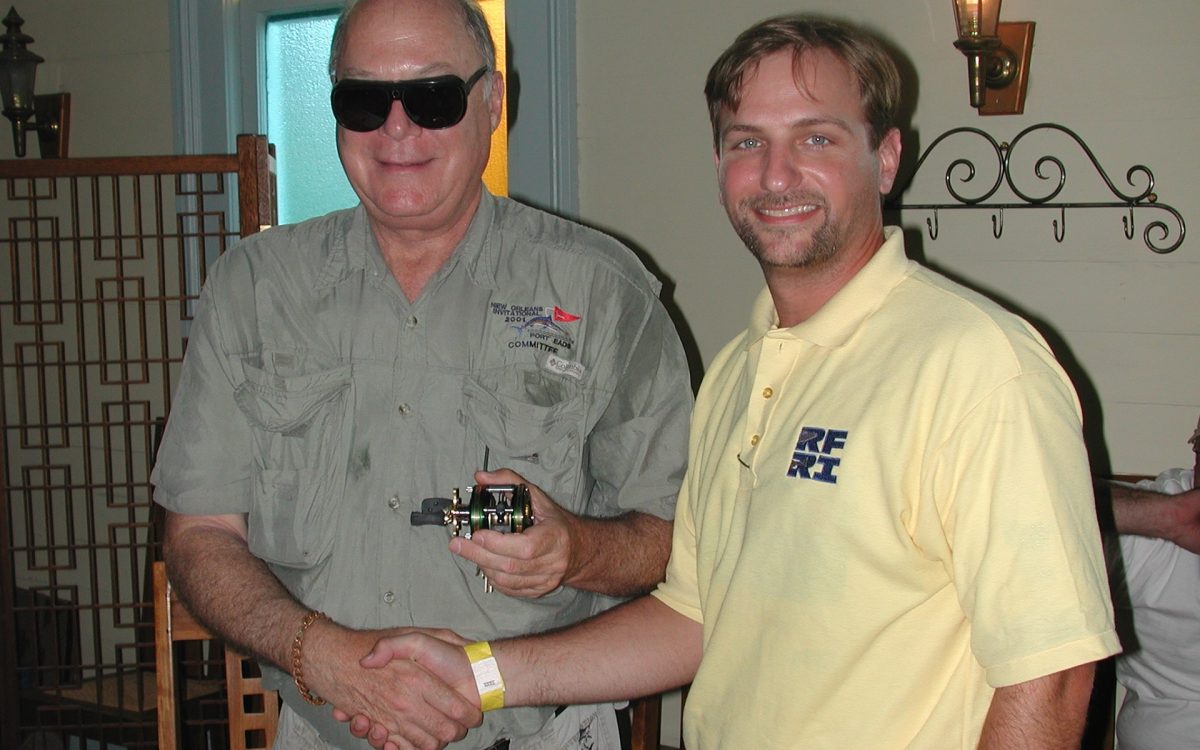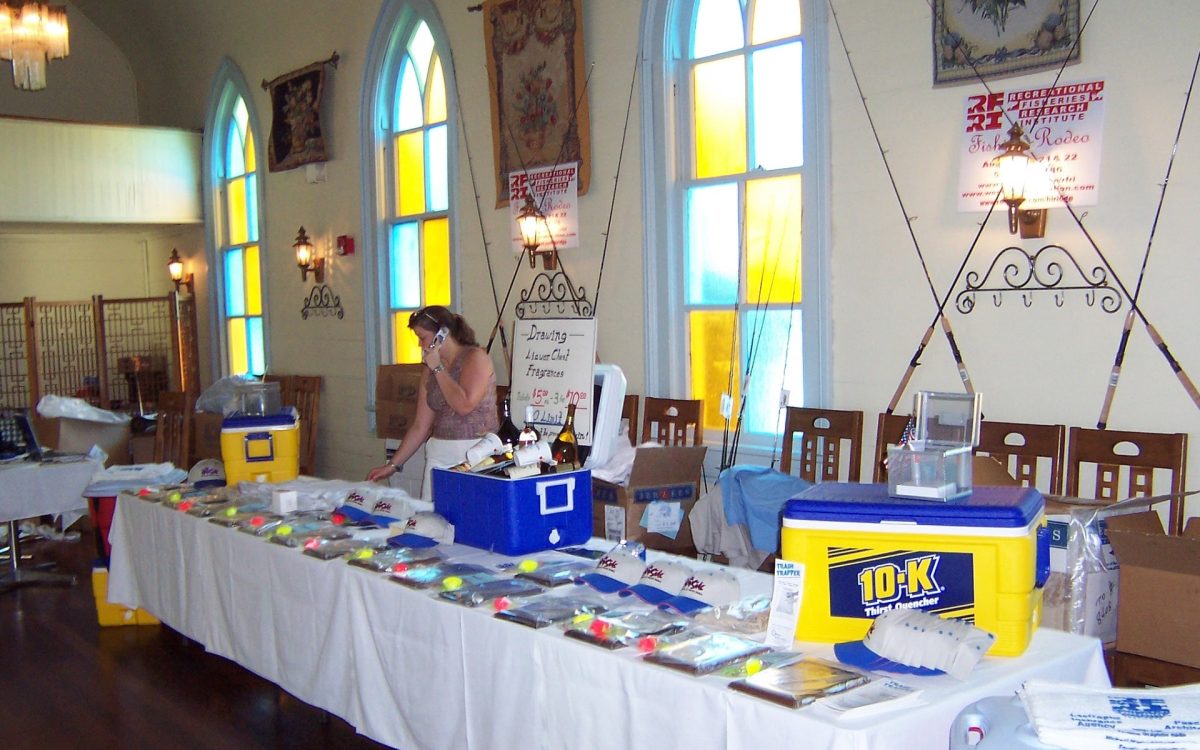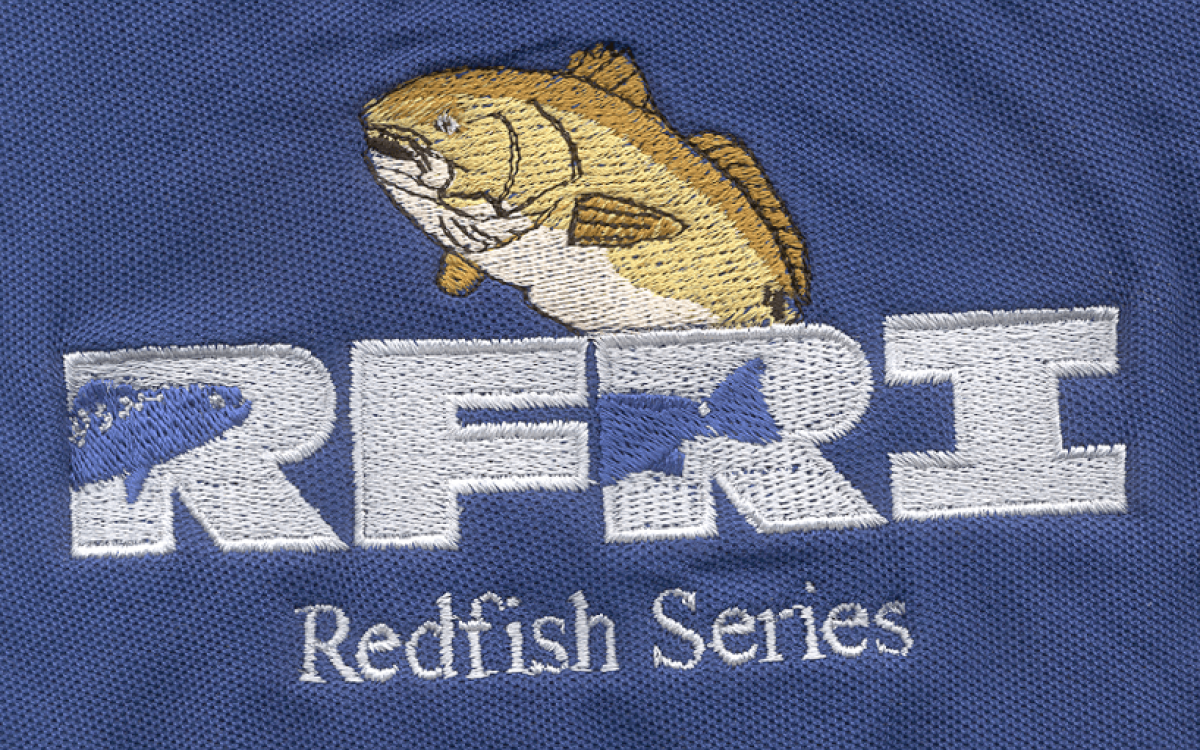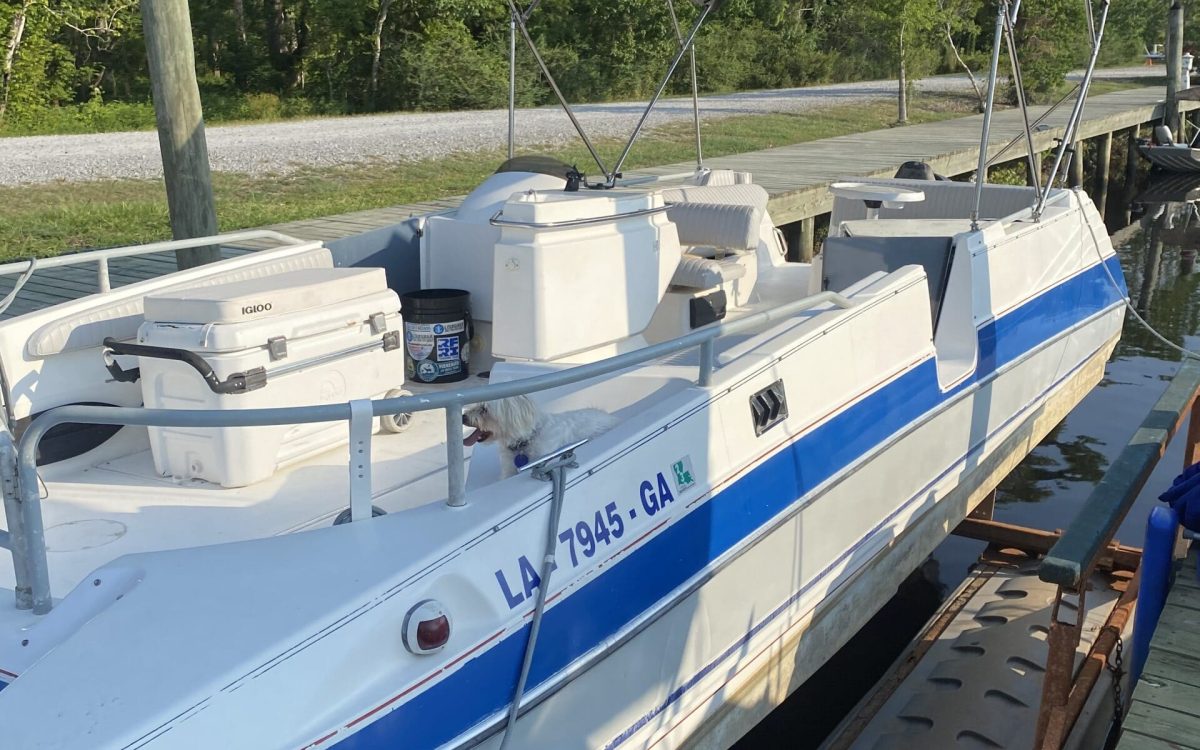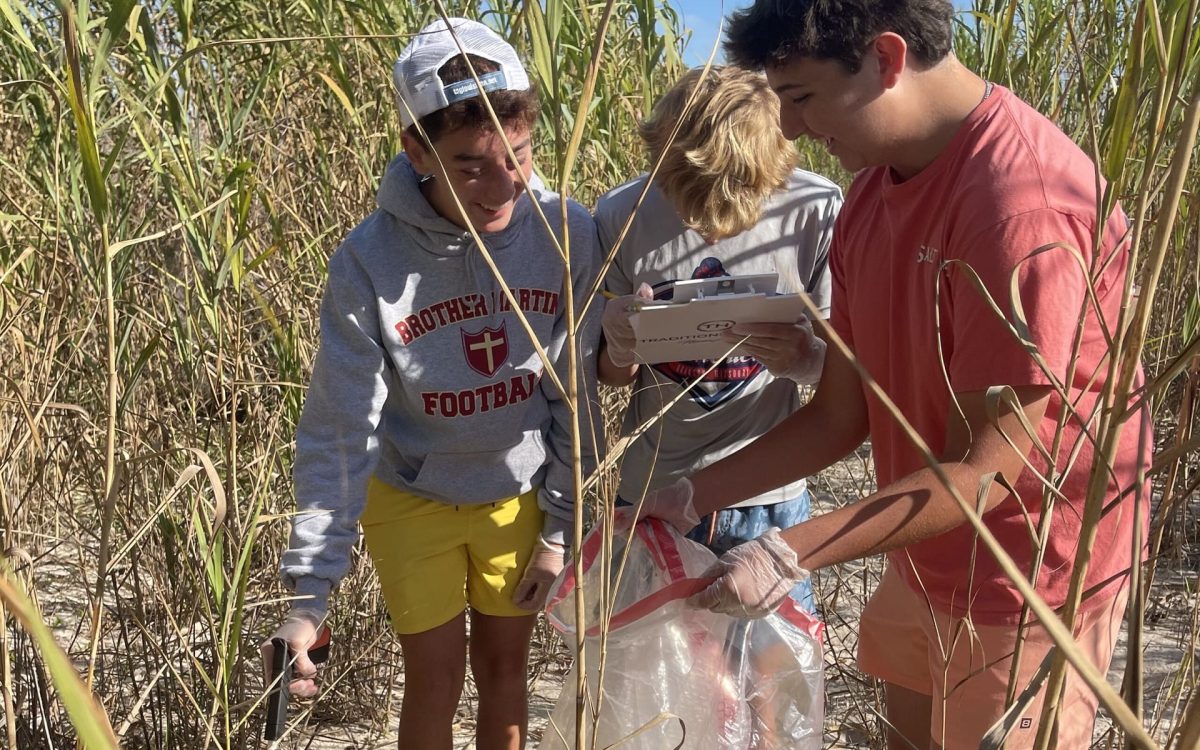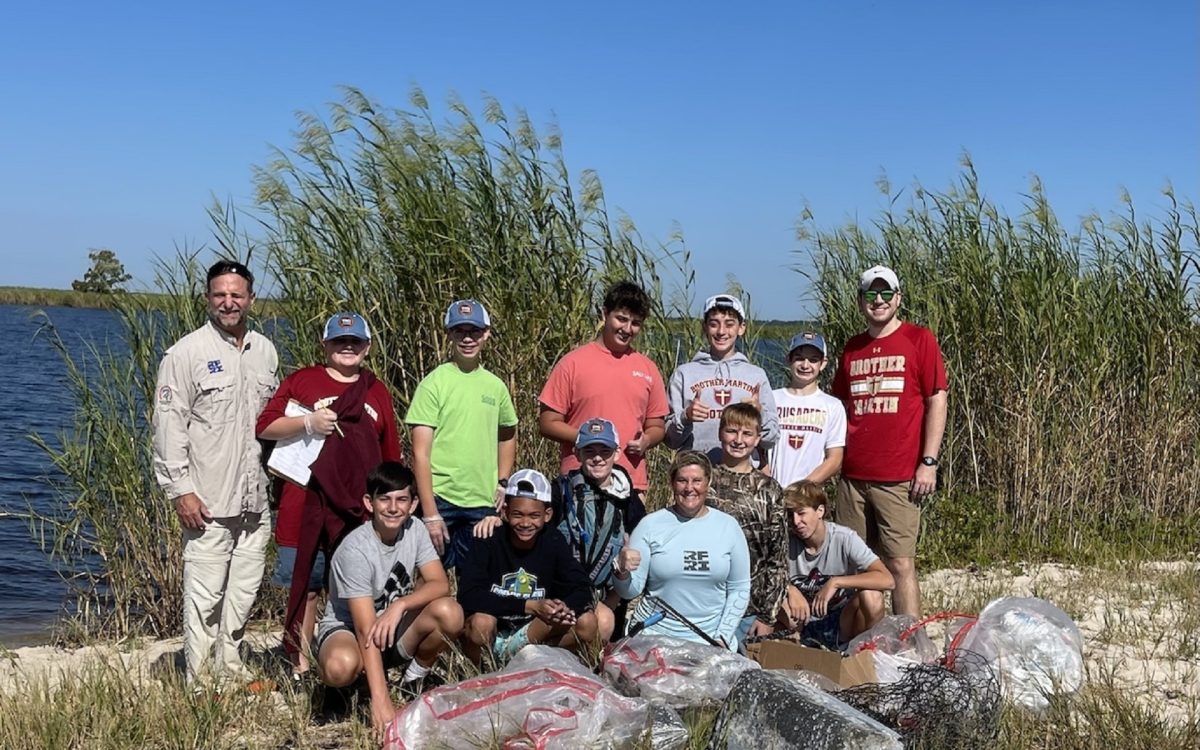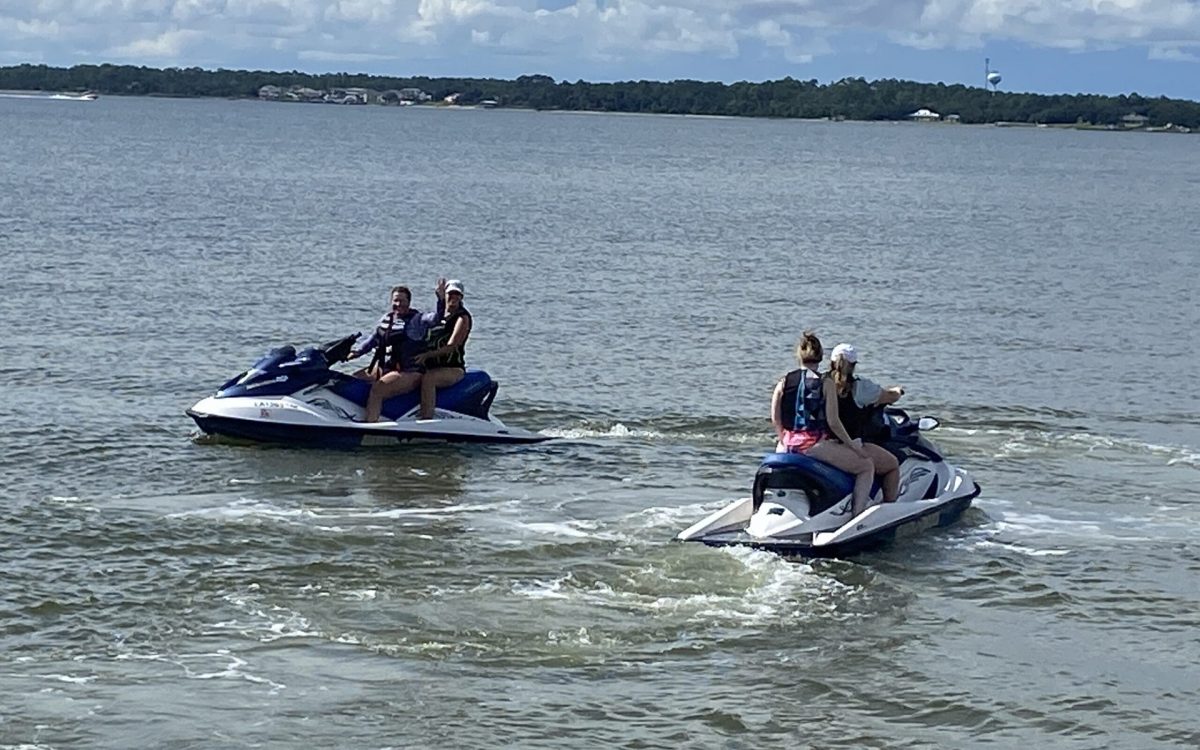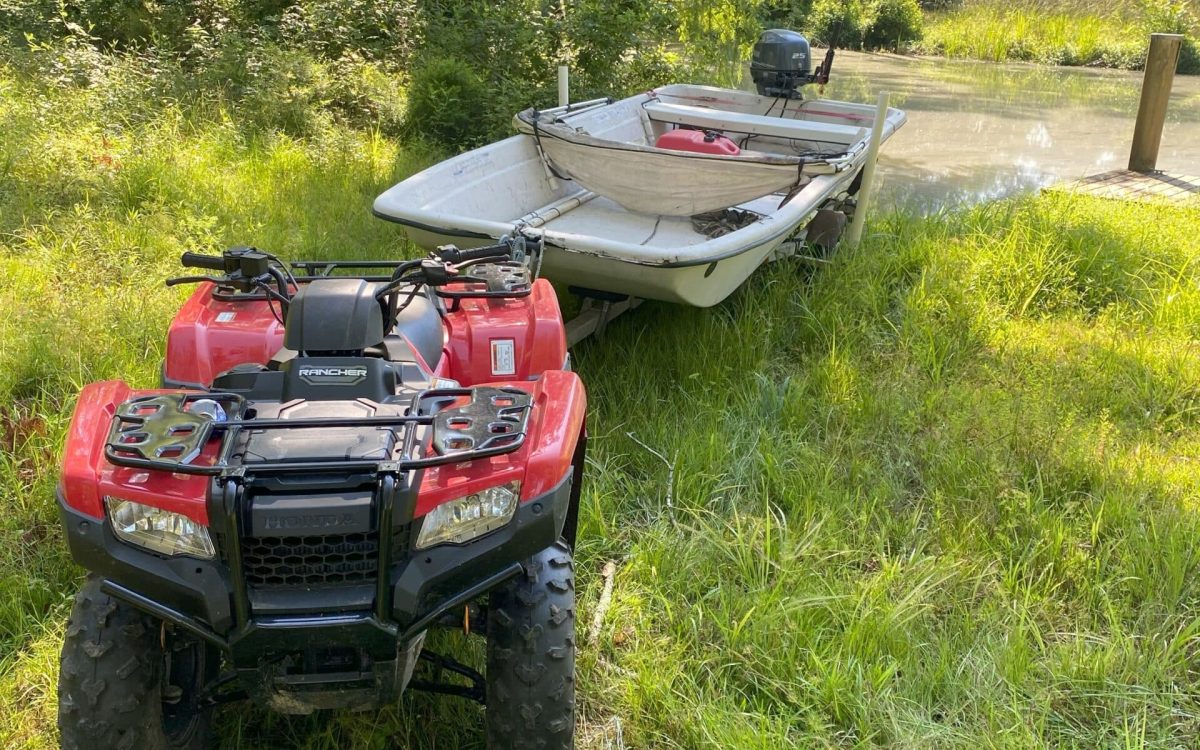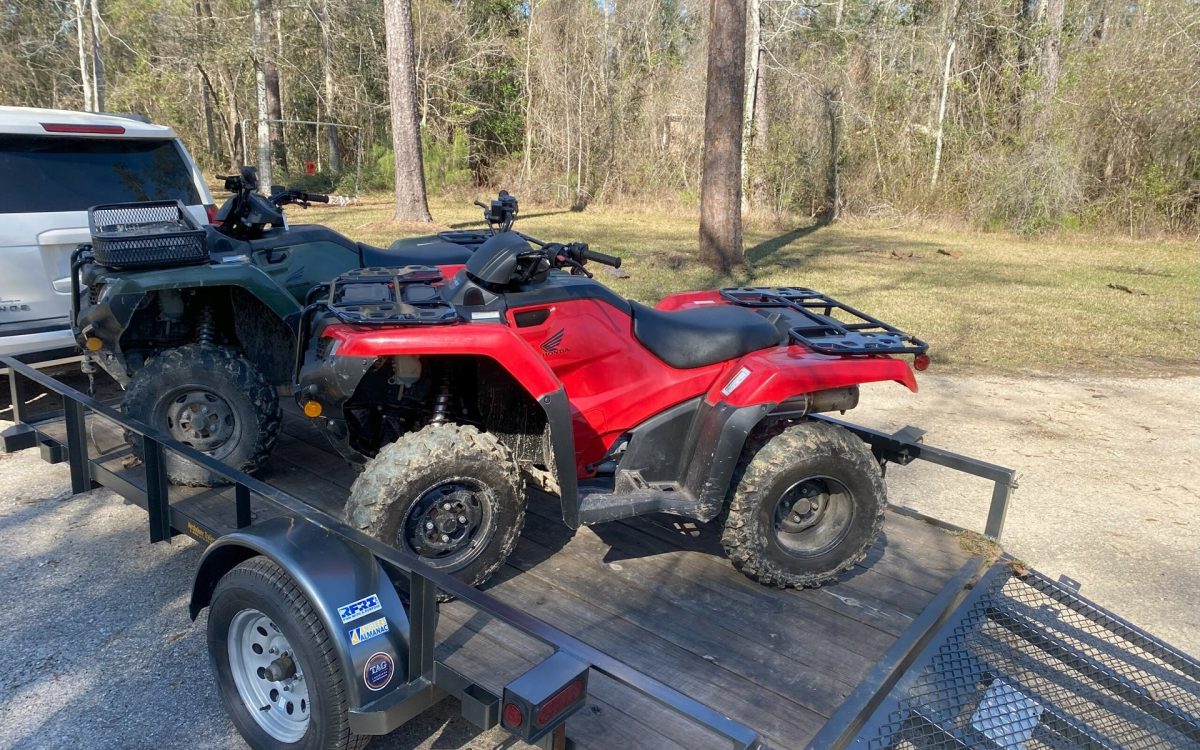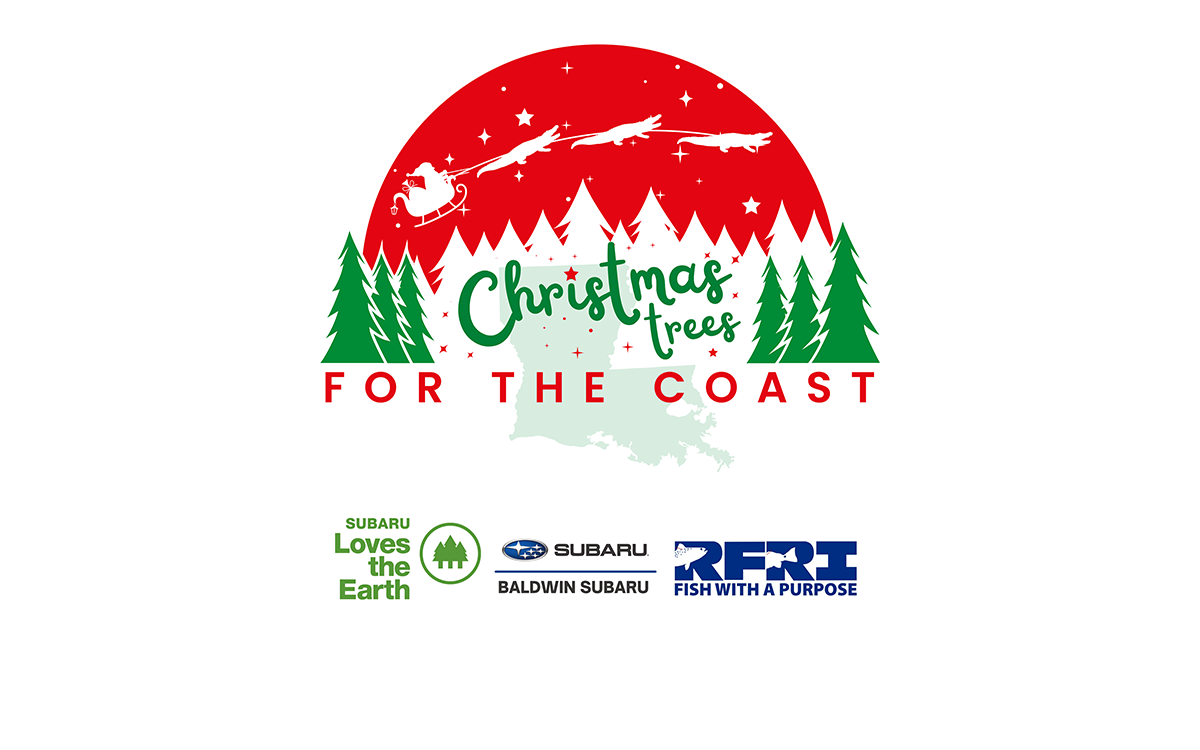
RFRI SOCIO/ECONOMIC SURVEY
CITIZEN SCIENTIST… FISHING FOR A PURPOSE
Socio-economic analyses helps fisheries managers evaluate the benefits and costs of different activities, prioritize needs, and encourage policies that maximize societal benefits from our coastal resources.
Anlgers Almanac Become
a Better Fisherman
Download Anglers Almanac
Turn your phone into one of your favorite tools while also turning your catch into citizen scientist data that can be utilized to modernize fish management.
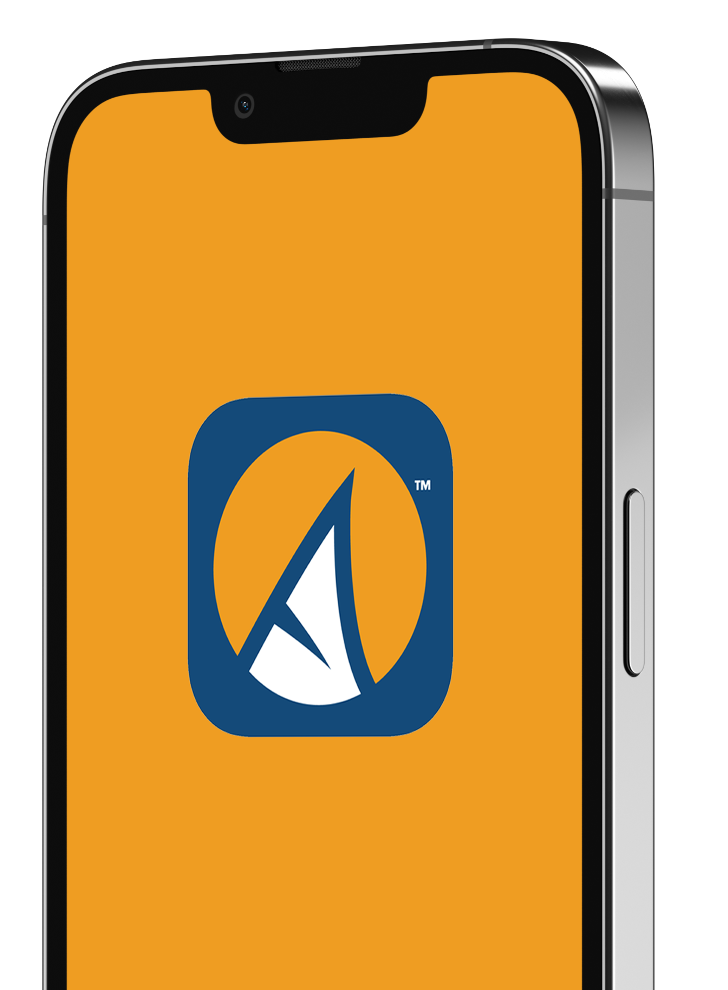
A Biological & Economic Analysis of the Effects on Recreational Fishing of Changes in Offshore Rigs in the Gulf of Mexico 2023
This Summer, RFRI has Partnered with Prof Richard T. Woodward of Texas A&M to analyze the ecological and economic effects on recreational fisheries after changes in the number and composition of oil and gas rigs on the Gulf of Mexico Outer Continental Shelf.
The number of oil and gas rigs in the GoM has declined sharply in the last two decades. Since peaking at over 4,000 in the early 2000s, the number fell to less than half by 2021. At the same time, Rigs-To-Reefs programs in Texas and Louisiana report over 500 decommissioned oil and gas platforms that have been converted to artificial reefs (53 and 458, respectively). There is substantial evidence that active and decommissioned oil and gas rigs provide valuable habitats for reef fish species. In addition, rigs are also valued by recreational anglers because they provide easily identifiable locations where a variety of fish can be found. In the case of continuous decline in the number of rigs in the Gulf, there will likely be adverse consequences on the recreational fishery, reducing the quality of the anglers’ experience, the number of trips that anglers take to the region, the employment and economic value in coastal economies, and the stocks of the species that benefit from the rigs’ presence. This project will estimate the magnitude of these effects.
The ecological analysis will start with a statistical analysis of a unique data set from 30 oil rig platforms across the northern Gulf of Mexico. These data will be used to estimate a model that identifies the correlations between total fish abundance and species composition as functions of a variety of variables, including sediment types in the surrounding area, the distance from the neighboring reef, distance from shore, latitude, and longitude. The ecological analysis will also develop a series of models that will yield new insights into the underlying environmental forces that determine the impact of oil and gas rigs on important fish species targeted by recreational anglers.
The economic analysis will use a series of econometric models to study how rigs affect recreational fishing behavior. First, the project will use creel data spanning several decades and historical records of rigs in the Gulf to estimate the value of rigs based on the effect of changes in the rig configuration on anglers’ site choices. Second, a survey of registered boaters will be used to estimate how rigs affect angler choices, both where to fish and whether to fish. Finally, using a newly developed smartphone app that allows identifying fish caught and anglers’ locations, a model will be estimated that studies how rigs affect angler choices on the water. The results of the biological and economic models will be married in a comprehensive mathematical model that will allow feedbacks between the social and ecological systems and could serve as that foundation for a decision support tool. Thus, this model would allow stakeholders and policymakers to predict the consequences of specific changes in the composition of the rigs in the Gulf on species abundance and distribution, and recreational anglers’ satisfaction and subsequent demand. The project will enlist an Advisory Panel of stakeholders and managers from the oil and gas industry, recreational and commercial fisheries, and government to provide input and output information in the decision support tool. This step will ensure that the project will yield the most valuable and valid analysis possible for stakeholders.
RFRI Socio/Economic Survey
While everyone knows that tournament fishing is fun and can generate opportunities for anglers and communities where fishing is taking place, it was RFRI that quantified these facts in calculating the economic impacts on a tournament location. Using surveys from participating anglers in two chosen fishing rodeos, we were able to map out the demographics of participants and the economic influx created by their participation.
The 2004 study profiled the population of anglers that participate in fishing rodeos and investigated the economic impacts of these recreational fishing rodeos on local, regional, and state economies. The survey provided insight on the types of anglers who participate in competitive fishing events, their motivations, expenditures, and their overall economic impact.
Summary
Louisiana’s claim to be the “sportsman’s paradise” is arguably supported by the size and extent of its saltwater recreational fishery. According to the US Fish & Wildlife Service, 386,000 Louisiana residents and 118,000 nonresidents participated in saltwater fishing in Louisiana in 2001, spending, collectively, 4.7 million days and $279 million in the state. A more recent estimate of participation counts 336,398 residents and 90,478 nonresident recreational saltwater fishing license holders in 2004.
Most of the saltwater recreational activity takes the form of groups of family and friends or of the solitary individual fishing for food, recreation, or relaxation. Periodically, however, recreational angling assumes a more collective or even competitive form: fishing tournaments or rodeos, in which anglers match their luck and skill against others in catching fish for recognition or reward.
At least 60 rodeos were identified in 2004. Some are large, some are small. Some last a few hours, some last a few months. Some offer cash prizes, some offer nothing but a trophy or bragging rights. They are as variable as the people and communities that host them, united only by the participants’ and organizers’ passion for fishing.
It is believed that many of these rodeos offer not only recreational opportunities to the people who attend them, but also economic opportunities to the communities in which they are held. Since many of the fishing rodeos’ participants do not reside in the events’ host communities, their expenditures create an additional economic resource that may not otherwise have been available.
To that end, the RFRI identified two saltwater fishing rodeos for examination during 2004. Both were held in Plaquemines Parish, Louisiana. The Faux Pas Lodge Invitational Rodeo, Venice, and the RFRI Fishing Rodeo, Port Sulphur.
Survey results revealed that both rodeos drew into the Parish scores of anglers, most of them men and most of them residents of southeastern Louisiana. They are for the most part avid anglers who spend more time fishing in saltwater than in freshwater, they have more formal education, and have higher household incomes than most Louisianans.
More importantly, the survey revealed that the Faux Pas Rodeo participants’ expenditures represented an estimated economic gain of $100,000 to $400,000 to the local community and the RFRI participants spent an estimated $19,000 in Port Sulphur and $8,000 elsewhere in the state. Major expenditures were fuel, travel, tackle, and food.
The economic evaluation of these two fishing rodeos demonstrates their potential to local economies. Together they attracted over 600 anglers and $140,000 to $450,000 to the parish over the course of two summer weekends. To read full report click here: RFRI Survey 2004
ALL DONATIONS ARE TAX DEDUCTIBLE.
Managing the future of fishing in Louisiana is a monumental task and in order for the RFRI to tackle fisheries, habitat, and coastal restoration projects, funding is required. Your contributions will greatly protect, enhance and maintain the Gulf Coast Marine Fishery through science, education and public involvement.









